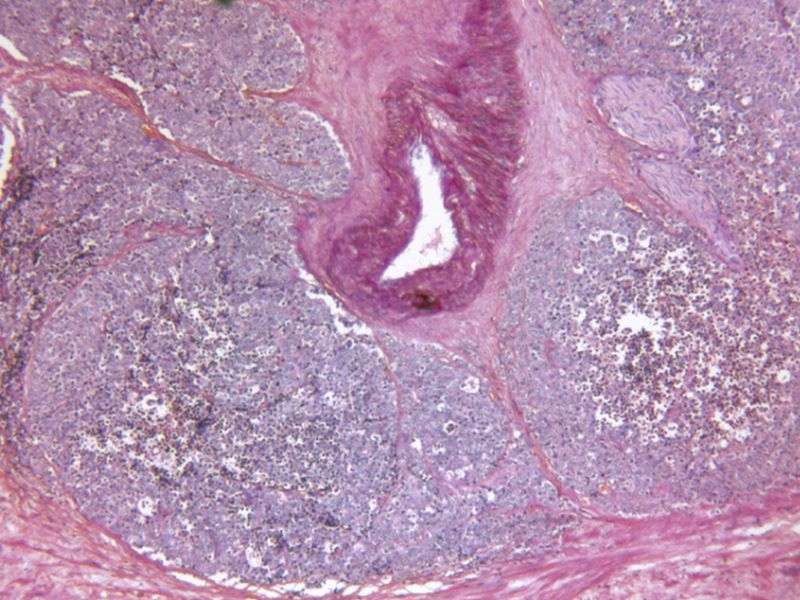MRI feasible for predicting prostate CA in unselected sample

(HealthDay)—Prostate multiparametric magnetic resonance imaging (MRI) is feasible for predicting prostate cancer in an unselected sample of the general population, according to a study published in the August issue of The Journal of Urology.
Robert K. Nam, M.D., from the Sunnybrook Health Sciences Center in Toronto, and colleagues examined the feasibility of prostate MRI as the primary screening test for prostate cancer in a cohort of unselected men from the general population. All participants underwent prostate multiparametric MRI and random or targeted biopsies as well as prostate-specific antigen testing.
The researchers found that 38.3 percent of the 47 recruited men had cancer, while 61.7 percent had no evidence of cancer. The adjusted odds ratio of prostate cancer was significantly higher for the MRI score (2.7; P = 0.004) than for prostate-specific antigen level (1.1; P = 0.21). Among the 30 patients with a normal prostate-specific antigen (<4.0 ng/mL), the positive predictive value was 66.7 percent in those with an MRI score of 4 or more, and the negative predictive value was 85.7 percent for those with an MRI score of 3 or less (P = 0.004).
"Initial results showed that prostate MRI was better to predict prostate cancer than prostate-specific antigen in an unselected sample of the general population," the authors write.
More information:
Abstract
Full Text
Copyright © 2016 HealthDay. All rights reserved.

















